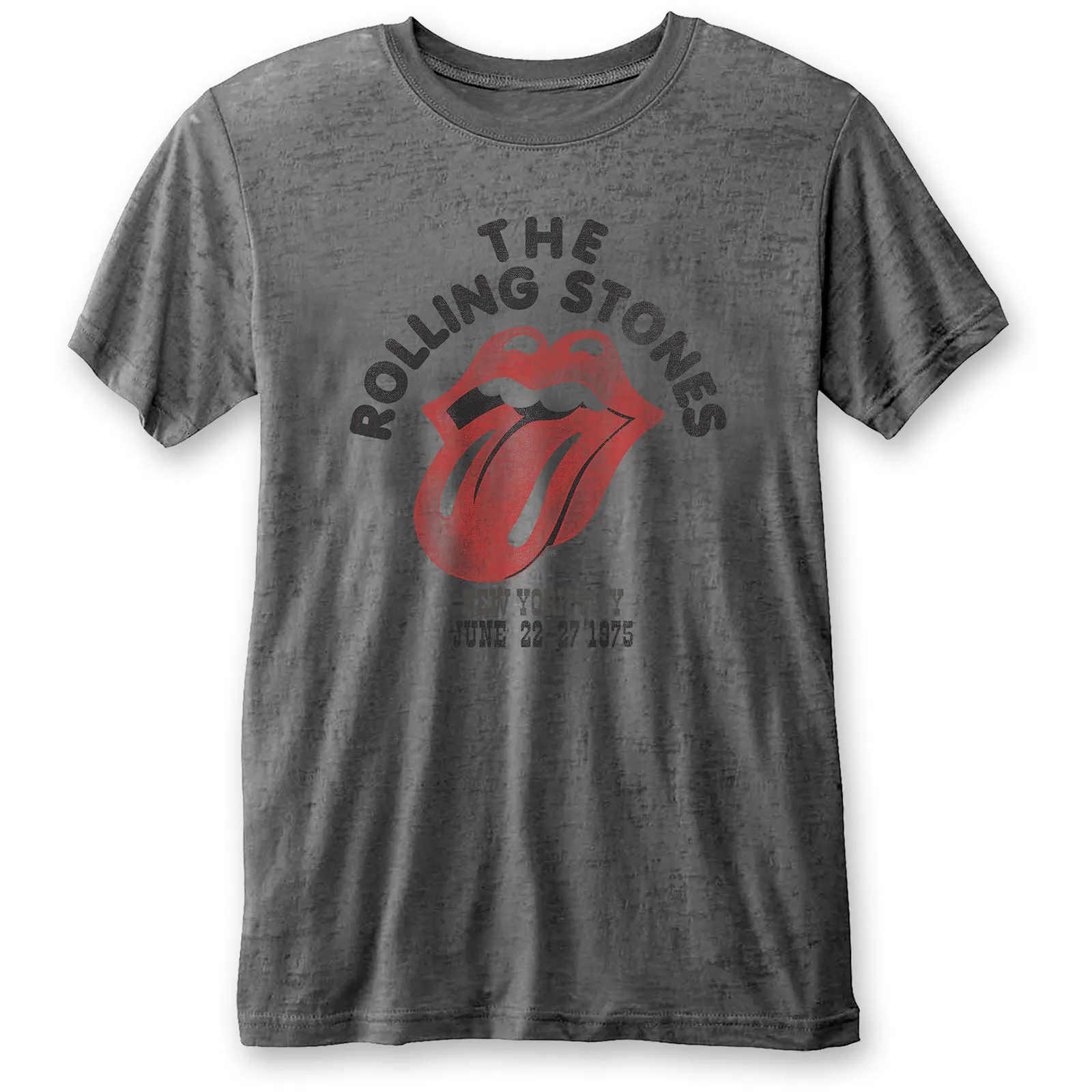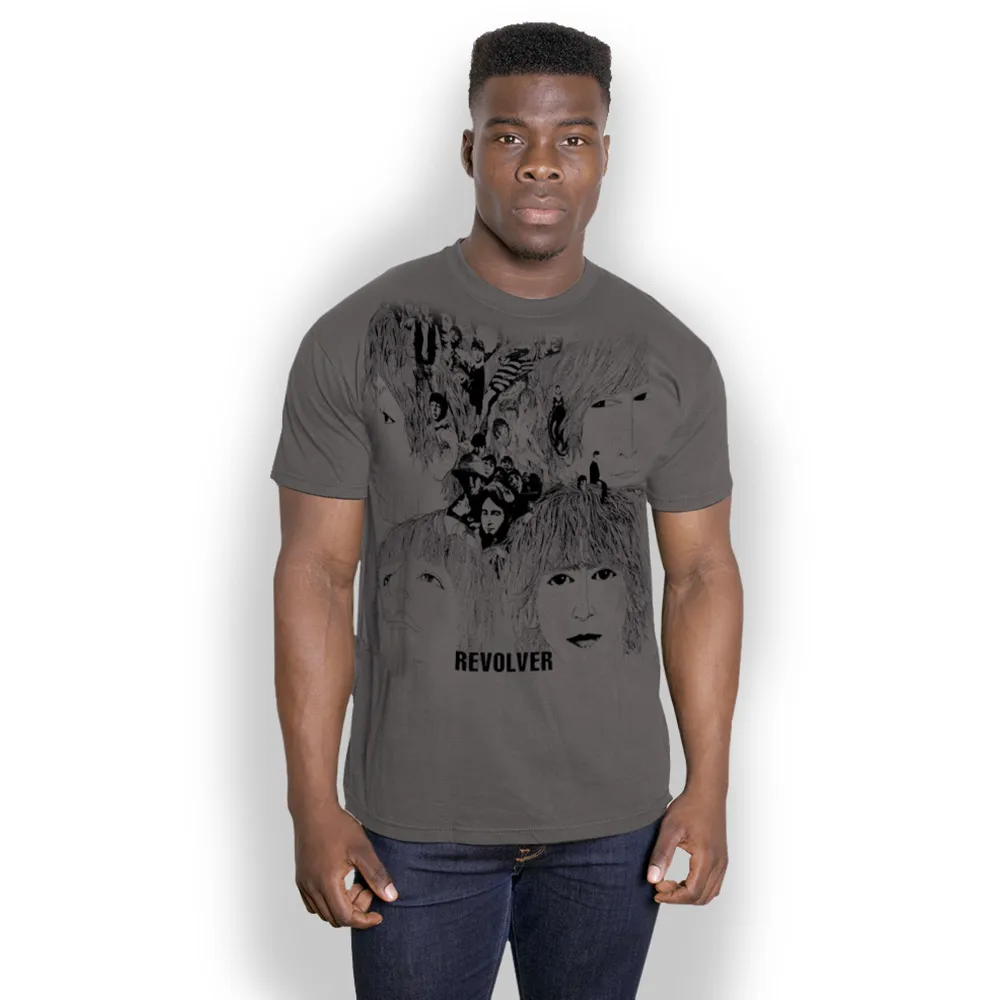Interview Vadoinmessico: ‘Our Quest Has Been Long And Painful’
Andrew Backhouse picks the brains of Vadoinmessico mainman Giorgio Poti.
Being in a band is tough.
It’s all about good communication to work together as a group and make the music you all want to write, record and tour for what will be a lengthy amount of time if you want to be successful in the long run.
Things are hard enough as it is – but just imagine if none of you can even speak the same language! Well, that’s exactly the problem faced by Vadoinmessico.
With members originating from all across the globe - Austria to Mexico, Italy to England – Vadoinmessico met while studying in London. But with everyone speaking in different tongues, surely it would be impossible to have any sort of way to get along.
Any language boarders that could obstruct their musical vision are long behind them now - having crafted the world-won, culture-myriad that is ‘Archaeology of the Future’. Seeing them live and, going by the grins shared between them and the crowd, Vadoinmessico are speaking music’s wonderful, universal language. Great music bringing people together. But the band have overcome a lot more than speaking different languages to make ‘Archaeology of the Future’. Andrew Backhouse picks the brains of Vadoinmessico mainman Giorgio Poti.
Saluto Vadoinmessico! How are you and where in the world does this find you?
Hola, good! We’ve just returned from Italy to London. We played a festival called MiAmi in Milan, then got a train to the sea and spent a few days there, it was brilliant.
You’re from all across the globe and formed while studying in London. How did you meet and start making music as Vadoinmessico?
When I moved to London in 2006, my English was far from perfect (and still is). At the time, I couldn’t understand pretty much anything and was not able to express myself whatsoever. Communication was very hard and I was deliberately trying to avoid other Italians so I could learn quicker. Obviously, not everyone has the patience to engage in a conversation with someone like that. However, a Mexican guy in the college where I was studying seemed to have this quality, mixed with a certain curiosity - his name was Salvador. We would spend our lunch breaks together pretty much in silence at first, until my ears adapted to the new sounds and my tongue and mouth to the new movements. We became good friends, and through these new sounds and movements commonly known as ‘The English Language’, we discovered mutual musical interests and decided to play together. In the same college there was another person with whom communication was easy (even with few words), an Austrian guy called Stefan. Salvador and I didn’t know him that well, but we had both felt a degree of empathy with him and we knew he was a great player. He could sing and play different instruments, so we asked him to join us. We started playing gigs around town with different friends playing drums from time to time and went on like this for about a year. Then when we started working on some recordings, we realised that we were missing some bass frequencies in our arrangements and started looking for a bass player. We didn’t seem find the right person in London, so I called my old friend Alessandro who was back in Rome, and asked him if he wanted to come to London and record some bass lines, to give us a hand with the whole project. He was bored in Rome at that time and bought a one way ticket to London to join the band.
Finding a permanent drummer has been quite a lot harder. Through the years we have had six different people, mainly friends that were helping us out, but most were already involved in other big projects and couldn’t quite commit. Our quest has been long and painful. We even tried auditioning people but it turned out to be a disaster. Finding the right drummer for this project seemed nearly impossible as the different kit we use seemed to confuse most of the people we tried. But one day we received a message from a guy, saying he saw us playing live, somehow managed to remember our name and went back to listen to our stuff online. His name was Joe and he was a friend of friends.
Alessandro knew he was a drummer (even though he had never heard him play) and told him we were looking for one. We arranged a rehearsal with him and on the way to the studio realised he was a great guy but, based on our previous experiences our musical expectations were very low. At this point we were even contemplating the idea of using drum machines and rethinking the whole project. When we started playing Joe turned out to be the perfect drummer for us. He wasn’t just hitting the drums, he was smashing the skins and cymbals, keeping the groove perfectly intact. At that time he was also performing with Stomp, an experience that I guess had totally changed his approach to drums - so much so that playing a snare drum with a crash cymbal taped on it didn’t even seem at all strange to him.
Describe your music as if it’s a painting – what do you see?
I guess there is quite a lot of variety in this first album of ours, and each song would have its own painting. However, in general it would be a realistic portrait, a body, a city, a ship. But they would be underwater, affected by the shimmers of the sun floating on the waves, confused and distorted by the liquid moves.
‘Archaeology of the Future’ is a brilliant, beautiful album. Is there a tale behind the writing and recording that shaped it?
The album is quite autobiographical. A lot of the lyrics reflect the geographical confusion we live in, which affects pretty much every aspect of our lives and shapes our feelings accordingly. Many of the songs are about the effects of this confusion on two lovers, or on one at least.
We hear this romantic nostalgia to ‘Archaeology…’, but what is it nostalgia of?
It’s the nostalgia of ourselves as we are now, or were, or will be; of the fragile balance we all live in. I guess in general, it’s the nostalgia of life and of everything we have and love, which we will necessarily lose. We look at our future from an even further future, from the future perfect but its perfection is unbearable, it’s a spotless void. That’s why being happy is a very difficult condition and it has its price. Maybe it’s just a grammatical problem.
Were you faced with any difficulties in making the record?
Oh yeah, all kinds of difficulties. Money was the main issue, especially because we recorded and pretty much mixed the album ourselves and obviously that involves a lot of time. Salvador and I had to take about two months off work. I was living very cheaply at the time anyway, but Salvador had a much harder time. One day, towards the end of the process we were mixing at my house and I asked him to bring one onion to help make lunch. He said he couldn’t afford it. Luckily we were almost finished by that time otherwise we may have had to give up.
Say your album is on fire and you can only rescue one song, which would it be?
For me it would be ‘Fleur Le Tue’, which is the most recent song in the album. From there we could write more songs. Right now that would be the only possible starting point because that’s where we left it.
For those of us not fortunate enough to have seen Vadoinmessico live yet what can we expect? How does it compare to on record?
I guess our live show is a lot more energetic than you would probably expect if you had only heard the album. Some of the arrangements are slightly re -adapted, but that’s more to do with small details and sounds. I’d say overall our live sound is not too far from the record, but it does give a different perspective of the songs.
You’ve got quite a few festival appearances planned this summer – how do you prepare for that kind of audience? Will you be altering your set at all?
Yes, playing a festival is a totally different experience compared to a club. We probably have the least festival-friendly line-up, in the sense that we have a lot of instruments on stage that we swap around between songs and we don’t use a regular drum-kit, we have to use our own customised percussion set - up. At festivals, bands don’t get a proper soundcheck, just a quick line-check before starting and the time for a set change is always limited, so we try and play songs that don’t involve too many instrument switches. For these kinds of gigs we also take into account that people in the audience have possibly never heard our music before, so we tend to play our more upbeat songs.
What band would you most like to tour with?
I’d say Arcade Fire. I’m a fan, they seem super nice and they play massive venues. It doesn’t get any better.
Can you tell us about the best gig you’ve ever played?
The most fun gig we’ve played was at some friends’ house in London. They have a tiny basement where they organise gigs. With about 20/25 people the room is packed, the ceiling is about 5 ft 6 and the sound is often quite bad, there is no PA and everything goes through amps. But the vibe is magic in there.
Your videos look great! Do you make them yourselves?
Until now we have worked with two different directors. Firstly Russell Weekes who worked on ‘Pepita Queen Of The Animals’, ‘Pond’ and ‘Curling Up Your Spine’ with us. His ideas are always very original and he is a pleasure to spend time with. The other director we have worked with is Rafael Bonilla, an American artist who creates these amazing clay animations. He realised videos for the songs ‘Teeo’ and ‘In Spain’.
In the video for ‘Pepita Queen of the Animals’ is it you in the gorilla costumes? If so, was it warm and did you get to keep the costumes?
Oh yes, it is us. The budget for that video was very close to zero and the gorilla costume was quite expensive to buy, so we bought one and shared it, and shot each one of us separately. The temperature in there was unbearable! Added to this, the costume was brand new and packed in a thin box, so when we took it out we saw that the head of the gorilla had been squashed and looked more like a fish head. To make it look wider we had to fill it with a cotton jumper, which made breathing almost impossible. After ten minutes of shooting the costume was completely wet from us dancing and jumping around in it. I had to wear it last - not a pleasant experience. But the shooting was funny to watch - you could see us dancing crazily and happily until the music stopped and we struggled to take off the head. When we finally did, our faces looked so exhausted and sweaty and hot - close to fainting. We still have the costume but I wouldn’t wear it for a million dollars.
Put us together some future archaeology: what’s next for Vadoinmessico?
Our main focus at the moment is to play live. We are really excited about all the festivals we’ll be doing in the summer both in the UK and abroad (including Green Man, Latitude, Womad, Truck..). Then we would like to go on tour again in the Autumn, and start writing some new material for a second album.
Vadoinmessico’s debut album ‘Archaeology Of The Future’ is out now. The band will be performing at this weekend’s Womad festival, taking place from 27th - 29th July.
Featuring SOFT PLAY, Corinne Bailey Rae, 86TVs, English Teacher and more!





